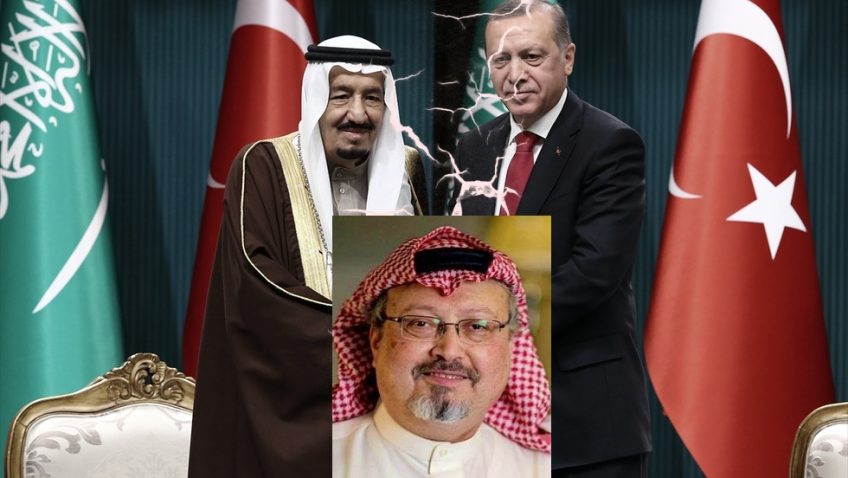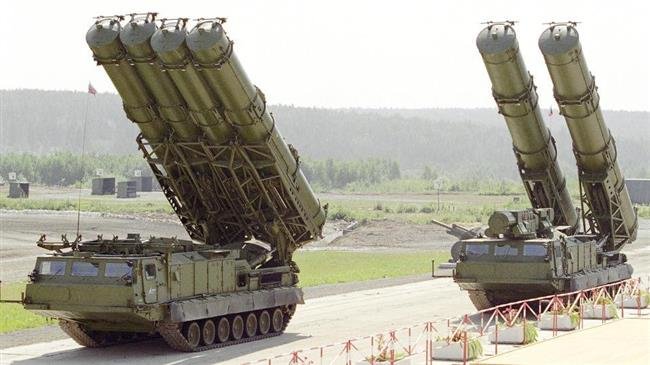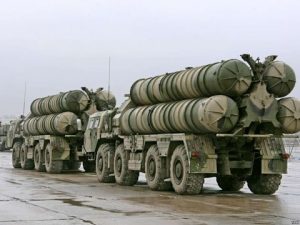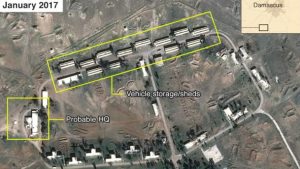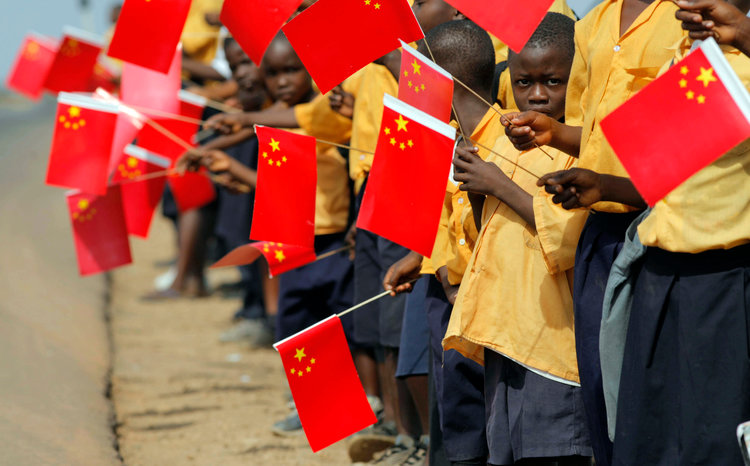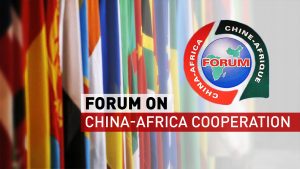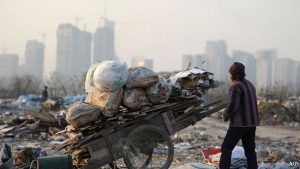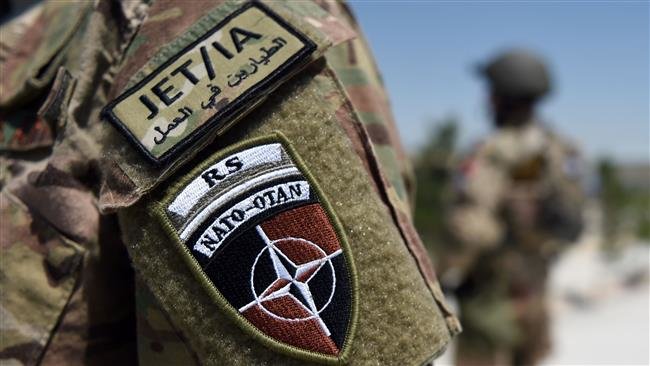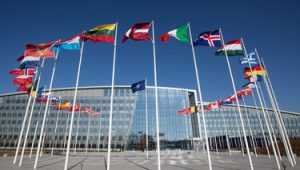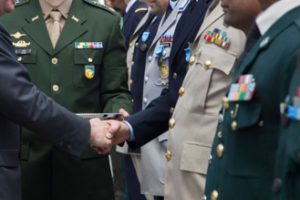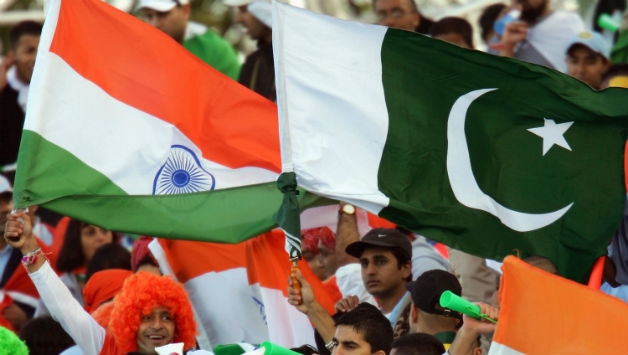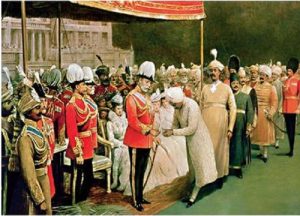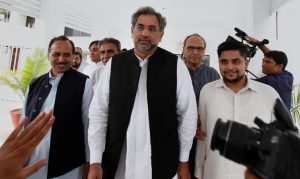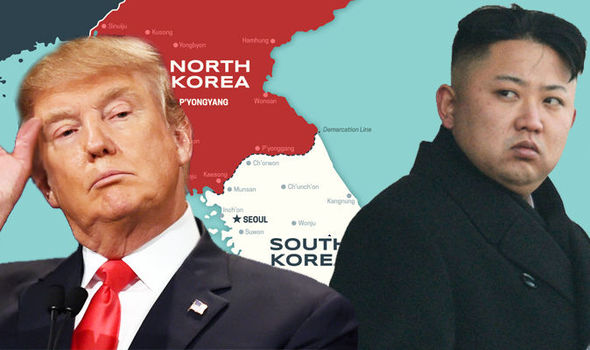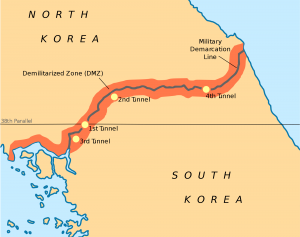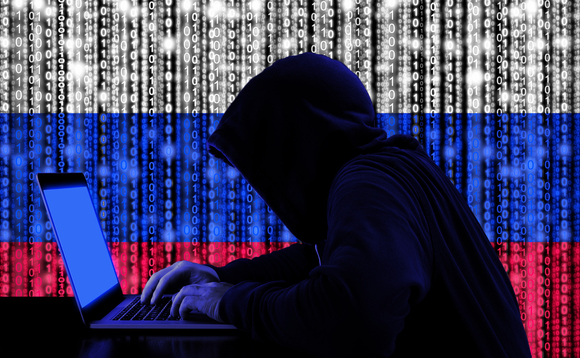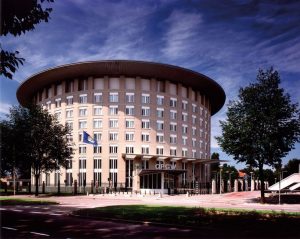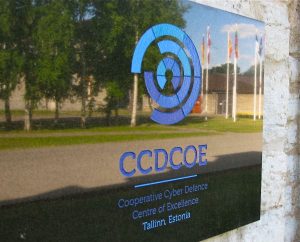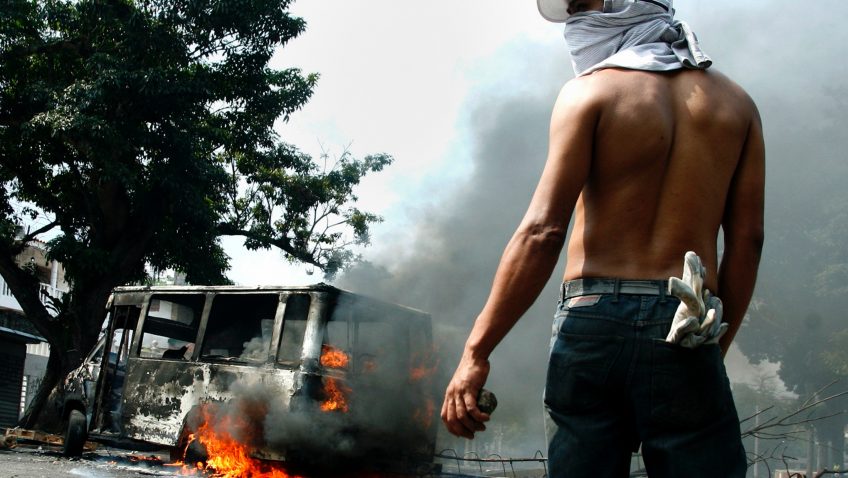Things are not going well for Riyad, accused of killing Jamal Khashoggi, an  exiled columnist in Turkey. YoungDiplomats gathered you quick information you need to know about this diplomatic issue.
exiled columnist in Turkey. YoungDiplomats gathered you quick information you need to know about this diplomatic issue.
The facts : Jamal Khashoggi is a columnist who wrote a lot on the new leader of Saudi Arabia, Mohamed Bin Salman. His columns were published in The Washington Post but he used to live in Saudi Arabia before exiling. He came to Istanbul in order live there because of the threats he feared in Saudi Arabia. He disappeared on second of October while coming into the Consulate of Saudi Arabia in Istanbul. Turkey accuses the Saudi government of killing this man. Obviously, Saudi Arabia denied.
Interpretation and analyzes : YoungDiplomats always does his best to provide readers with a geopolitical perspectives on topics. From a geopolitical perspective, this affair is not a big deal. When it comes to struggle power between nations, the life of one man in the Middle-East fewly matters. The fact that Donald Trump doesn’t question an arm deal with Riyad following this event is a perfect illustration on how little is the life of one man in international relations. Global medias do talk about that but YoungDiplomats is eager to take a step back on this event.
Although this kind of event doesn’t matter from a global perspective, it can weaken the diplomatic ties between Saudi Arabia and Turkey. A diplomatic alliance is a complex assembly of parts, which one being more or less fragile. For example, Saudi Arabia and Turkey are at the odds concerning the recent diplomatic crisis within the Gulf Cooperation Council (http://www.young-diplomats.com/qatar-crisis-cause-implications-risks/). This event has to be understood through that lens. Consequently, such an event might raise some troubles in terms of internal security for the Turkish government. If the Saudis did murder Khashoggi it means that they have the abilities and the logistical ways to eliminate opponents on the Turkish soil.

